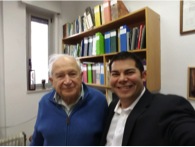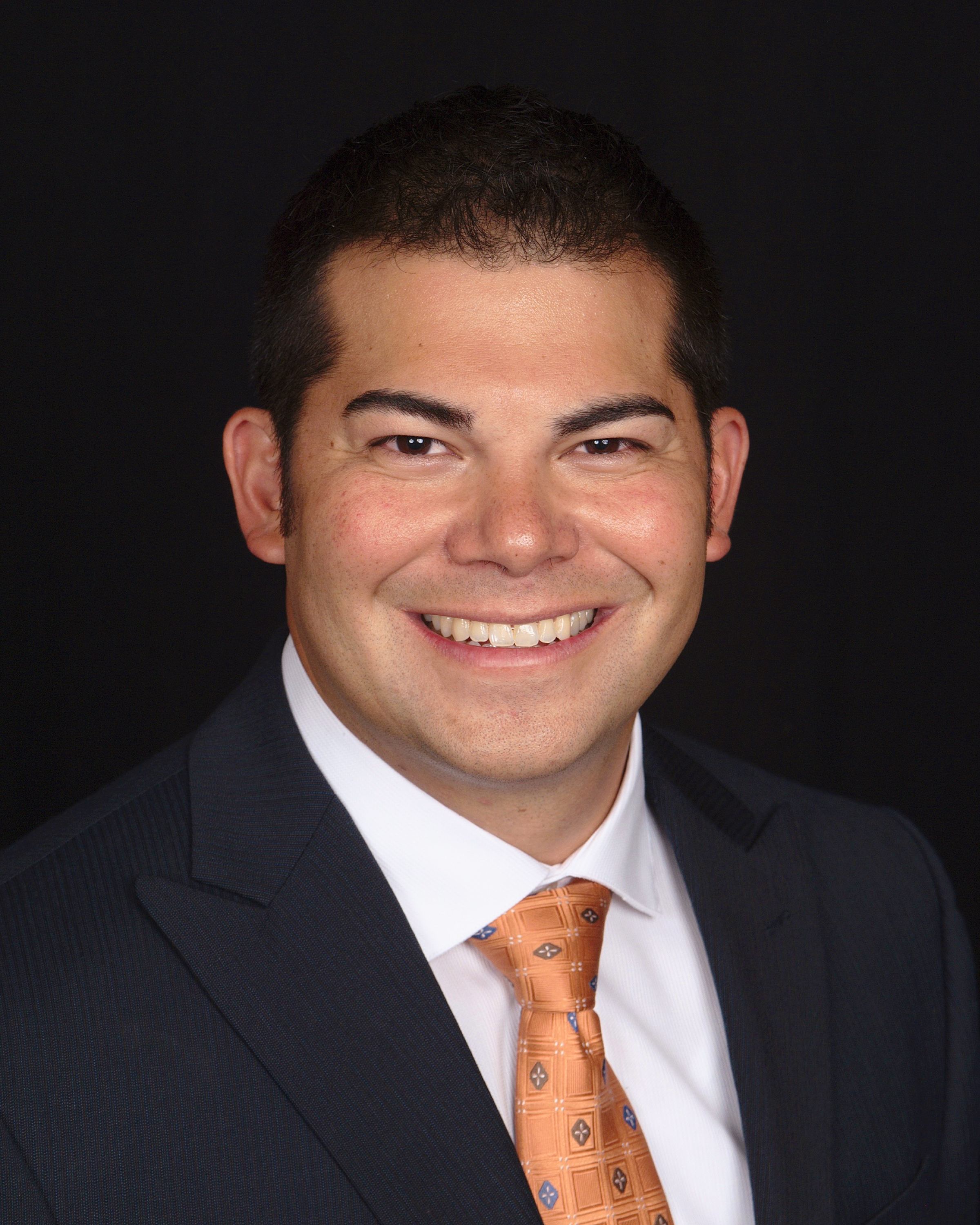I had the pleasure of visiting the famous Dr. Raphael Mechoulam last month at his Hebrew University office just outside of Jerusalem, Israel. For those who may not have heard of him, Dr. Mechoulam is essentially the godfather of the endocannabinoid system. He is best known for his work in isolating and totally synthesizing delta-9 tetrahydrocannabinol (THC). Dr. Mechoulam is one of the leading recognized scientists in our field. Much of his work is focused on the nervous system, specifically how various acids, and particularly cannabinoids, bind to the nervous system and thus their effect on humans.
Dr. Mechoulam is a humble man whose energetic demeanor belies his age. He speaks six languages and continues working regularly even at the age of 86. His mind is as sharp as any 25 year old and, while our meeting was short, it lacked nothing in content.

His discoveries in cannabis have not been his only accolades and only represent about a third of his work in his accomplished life time. He has a vast number of papers and studies related to fatty and amino acids and their effect on the brain. The underlying principles of all of Dr. Mechoulam’s areas of study are similar and he has equally distinguished himself in these fields as he has in the realm of cannabis. Because of it’s taboo nature and the limited amount of sophisticated scientific research that cannabis has been subject to, Dr. Mechoulam is more widely recognized for this specific focus.
During our brief hour-long meeting, we discussed the impact of cannabinoids on cancer patients and bone marrow transplants, his cannabis research on schizophrenia as well as the role cannabis plays in diabetes patients – all topics on which he has volumes of published research but stressed the point that more research needs to be done; we have only scratched the surface.
Dr. Mechoulam is an inquisitive man who is always investigating, digging, and striving to understand more about the effects of cannabis, fatty, and amino acids on the brain. When asked what charge the cannabis and medical industries need to pursue, he stressed the need for more scientific studies to investigate the impact of cannabis not just on the brain but the entire human body, as well as the need for grants to help promote those studies. Dr. Mechoulam specifically stressed the importance that these studies employ scientific vigor in a responsible and legal manner.
He is man of high moral ground, inquisitive nature, and a thorough investigator. I am privileged and humbled to have met him and heed his call to bring sophisticated and responsible scientific studies to the forefront of the Cannabis Green Rush.



